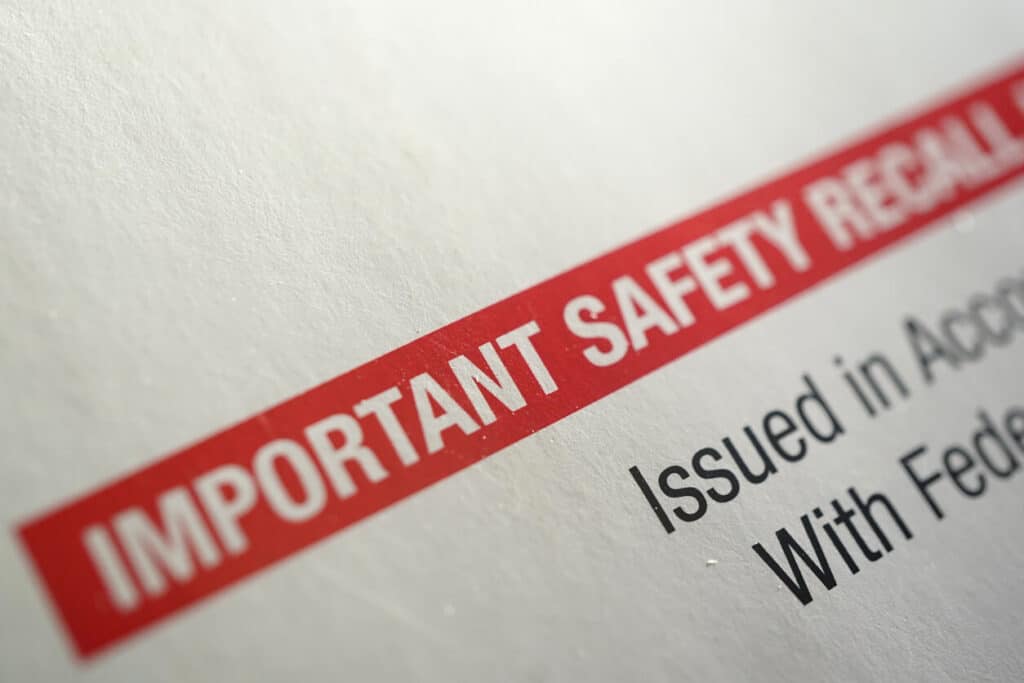Weitz & Luxenberg, in partnership with the Sam Bernstein Law Firm, is leading a coordinated legal action in Michigan against the country’s major opioid manufacturers and distributors, including Purdue Pharma and McKesson Corporation. The firm has filed lawsuits on behalf of nine municipalities claiming that these pharmaceutical companies falsely marketed and recklessly distributed opioid medications. These lawsuits, which were filed on behalf of the cities of Detroit, Lansing, and Escanaba, and Macomb, Genesee, Saginaw, Grand Traverse, Delta and Chippewa counties, seek to recover the costs that these municipalities have spent responding to the crisis.
“The people of Michigan have been devastated by the opioid epidemic. The groups that caused and abetted this epidemic need to take responsibility for their actions,” said Ellen Relkin, Practice Group Chair of Weitz & Luxenberg’s Defective Drugs and Devices unit and court appointed member of the Executive Committee of the In Re: National Prescription Opiate Multi-District Litigation. “Drug makers and distributors should be paying for this cost burden. The people of Michigan, their towns, cities, and counties should get recourse from these lawsuits and force those who caused the epidemic to pay their share.”
The cities and counties filing the lawsuits represent more than 2.4 million residents and include urban, suburban, and rural areas of the state. To respond to the opioid crisis, these municipalities have provided additional law enforcement and first responder personnel and increased spending on medical care, rehabilitation services, and hospitalizations as well as treatment, care, and foster placement for minors.
“The costs to local governments and police and fire departments have been tremendous,” said Paul Novak, managing attorney of Weitz & Luxenberg’s Detroit office. He noted that the Lansing Police Department has spent nearly $750,000 in the past three years on the opioid epidemic and its Fire Department has spent more than $105,000 last year alone in response. “This spending comes as pharmaceutical companies and distributors make massive profits off the sale of opioid prescriptions, and these lawsuits seek to have these companies help defray the costs of the crisis.”
According to the lawsuits, drug companies falsely marketed their products as non-addictive and safe, which contributed to the epidemic. In Michigan, 11 million opioid prescriptions were filled last year, which is more than the state’s population. According to the state’s Department of Health and Human Services, there was a 54% increase in overdose deaths from opioids, excluding heroin, between 2015 and 2016. A 2017 report estimated that health care costs have risen $84 per resident per year as a result of the crisis.
Weitz & Luxenberg has led other cost recovery efforts for municipalities, most recently helping cities in Michigan, New York, Vermont, and New Hampshire recover costs spent treating public drinking water that has been contaminated by corporate polluters.


